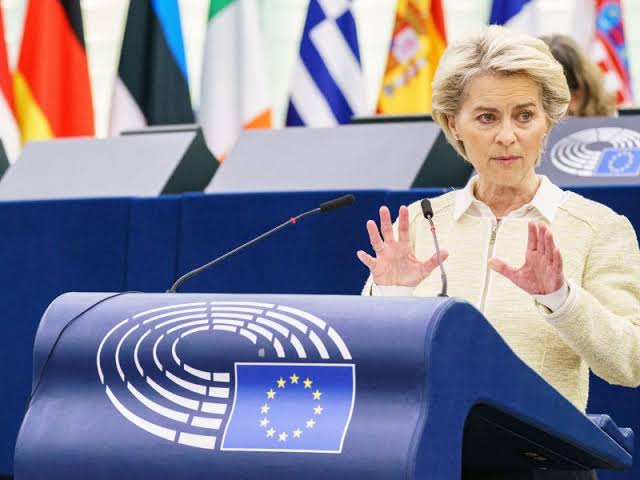India Rebuffs G7’S Call to stop Russian Oil Imports

Shri Charles Michel, chief of European Council, said last month that the 27-nation bloc would ban Russian crude imports by the end of this year. As of last year, the European Union sourced around 23 percent of its oil from Russia, according to the International Energy Agency.
Crude imports for EU have been exempted from six rounds of economic sanctions imposed by the US and its allies against Russia since the Ukraine crisis. Notwithstanding this, India has simply refused to go by such idiotic sanctions against Russia.
Indian Prime Minister Shri Narendra Modi has told leaders from the G-7 states — the US, Canada, United Kingdom, France, Italy, Germany and Japan — that New Delhi would continue to take steps to ensure its energy security. This rebuff has been given amid sustained pleading by the Western allies to somehow appease and trick India to scale down Russian energy imports. They know that no kind of threat will work so the only way is to plead for “ Values “ ie Western Values.
Both China and India have significantly scaled up their purchases of Russian crude, more than making up for the loss in value incurred due to the EU’s ongoing efforts to cut off Russian oil purchases. The Western allies have been highly critical of New Delhi’s decision to ramp up its purchases of Russian crude. However they are in no position to do any direct harm to India.
“The Prime Minister did also mention that the energy security has become a very challenging issue in the wake of [the Ukraine crisis],” India’s foreign secretary Vinay Mohan Kwatra said at a special briefing in Munich late on Monday evening, after Modi concluded his participation in the G-7 Summit in the Bavarian resort of Schloss Elmau.
“But India would continue to do what it thinks is best in the interest of our own energy security when it comes to the question of global oil trade. I think our position, which Prime Minister articulated during the G7 Summit, was well understood,” the Indian foreign secretary remarked.
“Prime Minister (Modi) also very strongly put forward, and I think we are fairly an important player in that aspect, of course, it’s the consequence which also we face which is the knockdown effect of the Russia-Ukraine conflict,” said Kwatra.
“Whether it is in terms of the crisis of food security, especially in the vulnerable countries, whether it is the challenge of fertilizer security, which all of us are facing, or also relating to the issues relating to energy security,” he added.
Crude oil prices have been at their highest level since the 2008 global financial crisis in the wake of the US and European Union (EU)-led push to phase out Russian crude supplies from the international market in retaliation for Moscow’s special military operation in Ukraine.
During his two interventions at the G-7 Leaders’ meeting on Monday, the Indian Prime Minister called upon the Western economies to understand the need for “energy security” for rich and poor countries alike.
“All of you will also agree with this that energy access should not be the privilege of the rich only- a poor family also has the same rights on energy. And today when energy costs are sky-high due to geopolitical tensions, it is more important to remember this thing,” the Indian Prime Minister stated, as per the transcript of his remarks released by the foreign ministry.
The remarks on “energy security” by the Indian Prime Minister come against the backdrop of US, EU and other Western allies urging New Delhi to draw down its reliance on Russian energy imports.
In the lead-up to the summit, the White House indicated that the question of Russian oil imports would figure in the discussions at the G-7 Summit.
Last week, National Security Council (NSC) Coordinator for Strategic Communications John Kirby said that President Biden would want India to “participate” in efforts to reduce Russian oil purchases.
A G-7 statement on ‘Support for Ukraine’ said that the Western allies would “continue to explore new ways to isolate Russia from participating in the global market and crack down on evasion. We will further reduce Russia’s export revenues by taking appropriate steps to further reduce dependency on Russian energy,” it read.
Five partner countries, namely Argentina, India, Indonesia, South Africa and Senegal, were also invited to this year’s G-7 meeting amid concerns that the fallout of the Ukraine crisis had left many developing nations vulnerable.




